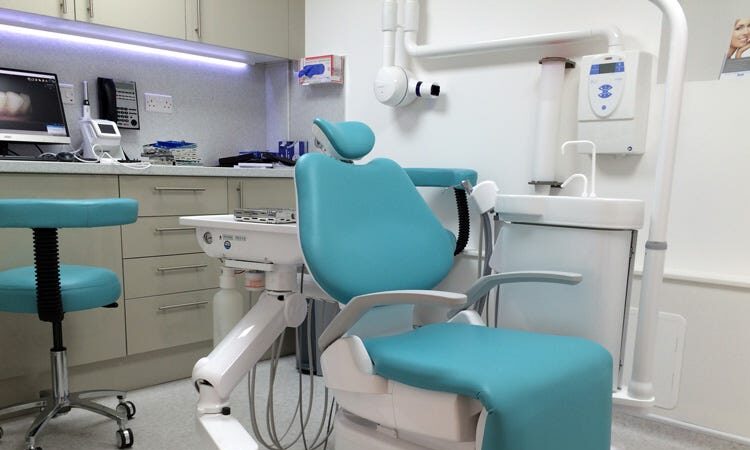Strategic Development of Dental Offices: Insights into Effective Construction Planning

Developing a dental office involves more than just building a space for dental care; it requires strategic planning and a deep understanding of the needs of both patients and practitioners. Effective construction planning for dental offices encompasses several key areas, including budgeting, regulatory compliance, and the integration of advanced dental technology. This article delves into these crucial aspects, providing insights that can help dental practitioners ensure their new office meets both current and future needs.
Budgeting for Construction and Long-term Success
One of the first steps in planning the construction of a dental office is establishing a realistic budget. This budget must account for all aspects of construction, including:
- Land Acquisition: Cost of purchasing land or leasing a space.
- Construction Costs: Expenses related to the building or renovation of the space.
- Interior Design and Furnishings: Costs for designing and furnishing the office to create a functional and welcoming environment.
- Technology and Equipment: Investment in dental technology and equipment which is critical for modern practices.
Effective budgeting ensures that the project does not stall due to financial constraints and helps in prioritizing expenditures that yield the highest return on investment.
Compliance with Health Regulations
Building a dental office requires adherence to stringent health and safety regulations to ensure the safety of patients and staff. These regulations cover everything from the construction materials used to the layout of the clinic, including:
- Infection Control: Design aspects that minimize the risk of infection, such as surfaces that are easy to clean and sterilize.
- Accessibility: Ensuring that the office is accessible to patients with disabilities, in compliance with laws like the Americans with Disabilities Act (ADA).
- Environmental Regulations: Adhering to environmental laws regarding waste disposal and the handling of hazardous materials.
For comprehensive support in meeting these regulatory requirements, practitioners can consult with specialists such as the masterdent group, who have expertise in the legal and practical aspects of dental office construction.
Integration of Advanced Dental Technology
The integration of advanced dental technology is a critical consideration in the construction of modern dental offices. This technology not only improves the efficiency and effectiveness of dental treatments but also enhances patient comfort and trust. Key technologies include:
- Digital X-rays: Provide quicker and more detailed images with less radiation exposure.
- CAD/CAM Systems: Allow for on-site creation of dental restorations, such as crowns and veneers.
- Patient Management Software: Streamlines administrative tasks and improves patient communication.
Ensuring that the office design accommodates these technologies—through appropriate electrical and data cabling, space for equipment, and ergonomic placement—will future-proof the practice and provide a competitive edge.
Planning for Patient Comfort and Privacy
The layout and design of a dental office should prioritize patient comfort and privacy, which are crucial for patient satisfaction. Considerations include:
- Soundproofing: To prevent the sounds of dental equipment from causing discomfort or anxiety.
- Private Treatment Rooms: Ensures patient privacy during consultations and treatments.
- Comfortable Waiting Area: A relaxing environment reduces anxiety and enhances the overall patient experience.
Engaging with Construction Professionals
Engaging with architects, designers, and contractors who have experience in healthcare facilities is crucial. These professionals can offer insights that go beyond conventional construction knowledge, ensuring that the dental office is built to the highest standards of the healthcare industry.
For those looking to delve deeper into effective construction planning and design, visiting the website provides access to resources and professionals who specialize in healthcare construction, offering tailored advice and solutions that align with the specific needs of dental practitioners.
By considering these strategic elements, dental practitioners can ensure that their office construction is not only compliant and functional but also optimized for the comfort and trust of their patients, paving the way for a successful practice.




